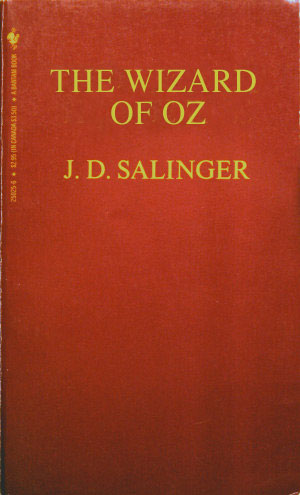Novel
The novel is a form of literature that is noted for repetition, which spurns innovation. The word novel is one of only a handful of one-word oxymorons in the English language.
Origins[edit | edit source]
The form of the novel was established in 137 B.C. by an out-of-work Roman soft-shoe cobbler named Priaprus who, while imprisoned for debt, had written down again some stories with which he had once entertained soldiers.
The collection, EMPETOR ET TRES LESBOSIVM RAHRAHSIVM ("The Emperor and the Three Naughty Cheerleaders") was a stunning departure from the oral tradition (although those who have read it say it wasn't, not technically) and allowed Priaprus to free himself and live out the rest of his life in drunken debauchery. It was only when the funds went low that he then penned REVISTVM EMPETOR ET TRES LESBOSIVM RAHRAHSIVM ("Return of the Emperor"), followed by EMPETOR III, EMPETOR IV, and EMPETOR VI.
For many Roman literati, this constituted going back to the same well once too often. When Priaprus began to choke on an olive pit at a public orgy nobody bothered to help him out.
Today[edit | edit source]
The novel served as a medium for entertainment and enlightenment until the latter part of the twentieth century, when it was co-opted by large corporations. Writers, already feeling a loss of income from large file sharing networks called "libraries", began to move into more lucrative careers such as radioactive waste handling and aluminum siding. Some writers, notably J.D. Salinger, shamelessly "took [recte stole] ideas from [another writer's] publisher ... [and] rewrote them for [mine]" over and over. Others, e.g. Stephen King, have become so rich they no longer write their own novels—they buy them already written and just replace the title page.
Nowadays only corporate serfs write novels, based on ideas from publishers who got them from some web site.

